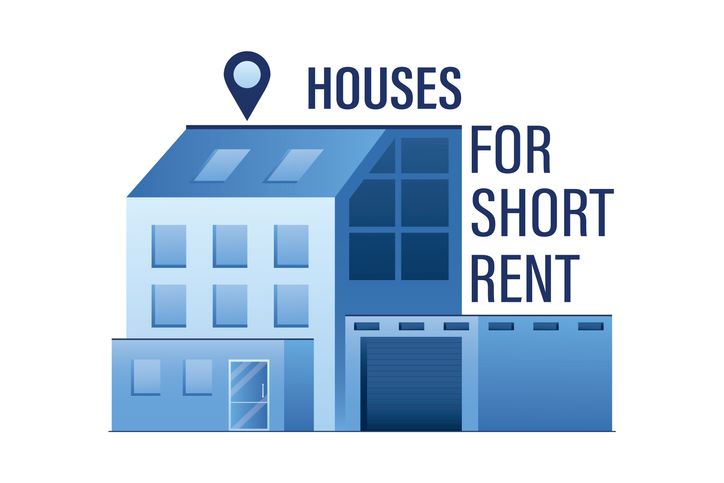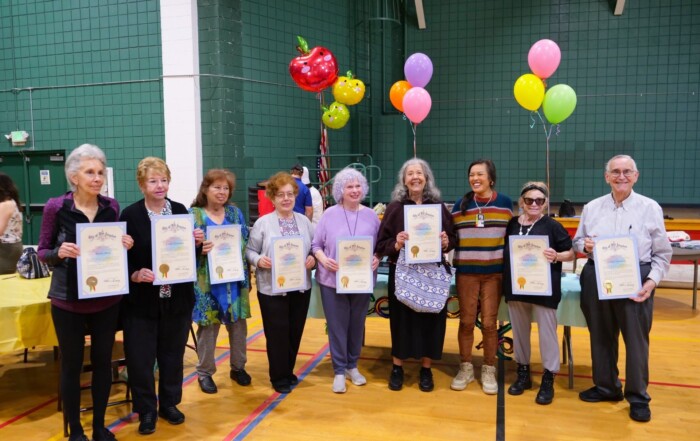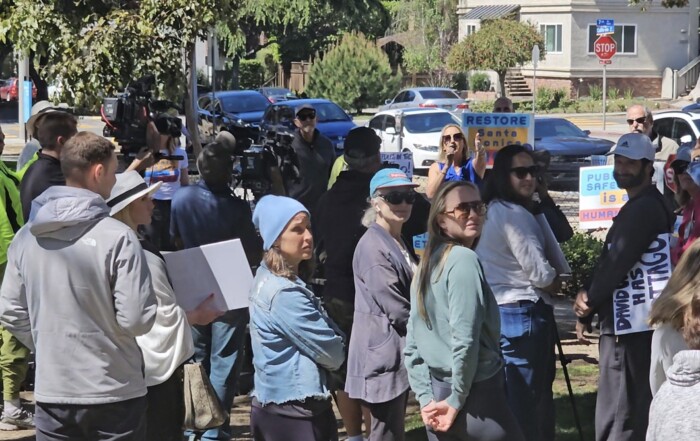In 2017, the City of West Hollywood passed an ordinance establishing a home-sharing business license. The license allowed homeowners the right to register and rent either a room or a portion of their home for a period of fewer than 31 days while remaining in the home with the renter. The city contracted with an agency called Host Compliance to monitor the home share registry and to manage the legal application of the program.
Then, in 2020, the council passed an additional ordinance saying that all rental units – with apparently some exceptions – must also carry an initial lease term of at least one year. The compliance agency has noted that since the passage of these ordinances, most of the frequently rented spaces are in the eastside and the West Hollywood North neighborhoods. Short Term Rental (STR) listings throughout the city total 1,138, with the total STR units being 685 (the same unit can be listed across multiple services, like AirBnB and VRBO).
City staff reported to the city council on Monday evening the status of the STR program in West Hollywood, with Vyto Adomaitis, the city’s Neighborhood and Business Safety Manager, saying that “Enforcing the city’s prohibitions on short-term rentals by code enforcement officers can be challenging. Short-term rental listings usually do not include the address or specific location.” As of March, Host Compliance was, according to Adomaitis, only able to confirm the addresses of 17.2 percent of the total number of STRs being advertised.
According to the staff report on the item, STRs are getting more expensive, on average, than hotels. A chart shows that in 2017, the average daily rate for STRs was $180 while hotels were $292. Now, in 2023, STRs have increased by 263 percent to $474 while hotels have increased to $318. Adomaitis said the profitability of STRs is a big contributing factor in why STR hosts “go out of their way to avoid detection by the city’s monitoring efforts.”
If a STR is proven to be in violation of the ordinance, the host and any current tenants will be sent a letter, known as a Notice of Violation, asking that they cease and desist advertising and any STR activities. If compliance is not achieved, more punitive measures can be put in place on an escalating scale, beginning with a $1,000 fine for a first violation, $2,500 for a second, and $5,000 for the third offense. The staff report shows that 203 citations were made between 2018 and March of this year. Through the Code Enforcement Department’s work, the number of units being used for illegal STRs has dropped 18 percent since 2017.
Extending Home Sharing to Guest Houses
Also at issue Monday evening was whether the council should consider extending the home-sharing business license program to homeowners with guest houses. The city’s definition of a guest house in this case is: “a detached structure of 400 square feet or less, accessory to a single-family dwelling, accommodating living/sleeping quarters, but without kitchen or cooking facilities.” Because there is no kitchen by definition, city staff does not count these types of guest houses as Accessory Dwelling Units (ADUs) and therefore are not concerned that this would be taking true rental housing off of the market. All home-sharing hosts do have to pay transit occupancy tax (TOT), a.k.a. “the hotel tax,” and therefore the program is thought of as a win for both the city and hosts.
Councilmember John Heilman cited concerns that there are plenty of guest houses with kitchens that he fears would be taken off of the long-term rental market. But Director of Community Safety Danny Rivas assured him those kinds of guest houses would not be approved for short-term home shares. Heilman later acknowledged the difference.
Mayor Pro Tem John Erickson inquired whether it can be determined if any rent-stabilized rental units are illegally being used as STRs. Rivas said they do not know how many rent-stabilized units are impacted at this time, and reminded the council that code enforcement is reactive to complaints, not a proactive practice. Rivas says Home Compliance is the arm that focuses on being proactive.
Erickson also asked if there is a way to fine companies like AirBnB or VRBO that are party to violations. Rivas said that they have looked into this before turning the question over to the city attorney, Lauren Langer. Ms. Langer cited a Federal law that shields the STR business platforms from liability for what someone publishes on their website. But she did say her department is working on adding “more enforcement tools to our toolbox” in a future agenda item that may amend the Short Term Rental Ordinance.
Councilmember Lauren Meister expressed concern that if this kind of home-sharing was extended, it would take away the incentive for homeowners to build ADUs, something the city very much wants more of to meet its state housing production requirements.
Tori Funk, a Data Analyst with Better Neighbors Los Angeles, a nonprofit in part dedicated to watchdogging short-term rental platforms like AirBnB, claimed in public comment that there were 883 listings for STRs on AirBnB in March of this year, with 670 of them being entire home rentals – the owners would not be living there with guests. She said, because of this troubling statistic, “We don’t think it really makes sense to expand the home-sharing licensing program when there is already such a problem with enforcement of the home-sharing program.” She further argued that revenue considerations shouldn’t factor into approving guest homes for home sharing when there are ample revenue possibilities if more citations were made against hosts running illegal STRs.
Juan Munoz with Unite HERE Local 11, the hotel workers union, was also on hand to oppose the amendment to add guest house eligibility for home-sharing licenses. He said, “We are bleeding our housing stock to short-term rentals despite the city’s ban on the practice.”
Councilmember Heilman thanked the public for their comments before saying, “It seems like we should be addressing enforcement of our existing ordinance, particularly in existing rental housing. That, to me, is the biggest problem.”
Councilmember Erickson didn’t mince words, saying, “I think we should be banning AirBnB outright in this city.” He worries that many of the 685 known STRs are in rent-stabilized buildings.
Mayor Sepi Shyne agreed, saying, “The amount of AirBnBs that have proliferated in this city is out of control.” She joined the chorus of colleagues who are against adding the guest house proposal.
The council indeed voted unanimously, 5-0, not to allow guest houses to be added to the home-sharing program. A sunset clause on the entire home-sharing program was extended to March 2024.
Image by bagira22
Stay informed. Sign up for The Westside Voice Newsletter
By clicking submit, you agree to share your email address with Westside Voice. We do not sell or share your information with anyone.








